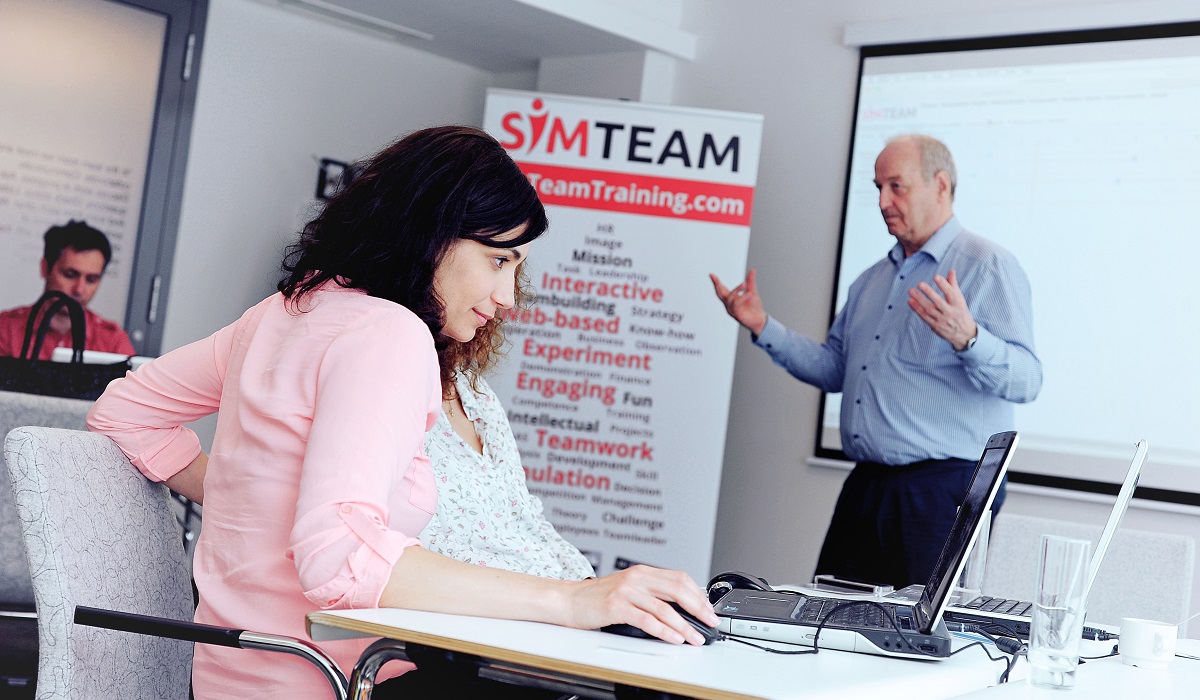
Last week our team was proud to participate in HR Brunch, a professional event organized by our partner, Corporate Values. During the event we were able to speak briefly about using simulations for talent development programmes, in the context of young employees and their development requirements and opportunities.
Generation Y, also called Millennials, are growing up and becoming integral parts of corporations' lives, which means that now they are the ones in focus of talent development and future leader programmes. Exploiting their true potential could mean a company's future competitive advantage. Companies must draw more attention to this generation and look for opportunities to engage their talents.
It is a crucial question how to structure the corporate training programmes as multiple research shows that the so called Gen Y people would rather participate in practical trainings than listening to theoretical material. According to Hungarian studies, some of the most preferred training types of the millennials include mentoring and personal coaching, which are all customized for the employees' needs and provide knowledge that they can use in practice.
Millennials tend to prefer collaboration and interactivity, and business simulations, for example, could provide such a tool for corporate trainers. Simulations provide an engaging, yet serious atmosphere during trainings, they are motivational, enjoyable, and provide useful theoretical knowledge through practice oriented trainings. During Corporate Values' HR Brunch we discussed the opportunities of SimTeam in the context of millennials' changing learning behaviours.
We hereby thank Corporate Values for the opportunity to go through such an interesting topic of human resources.
Some would argue that this issue is so black and white, as each and every one of us need job security and flexibility, but the generation who grew up among the latest tech gadgets are now out on the labour market, representing a high proportion of workforce. This can be one of the reasons why engaging development programmes become so actual right now. You can join the discussion using the comments section below. Do you think it is only the millennials, or every generation in general, whose demands and preferences have changed recently during the technological revolution?
Published: 2016.05.12 09:45